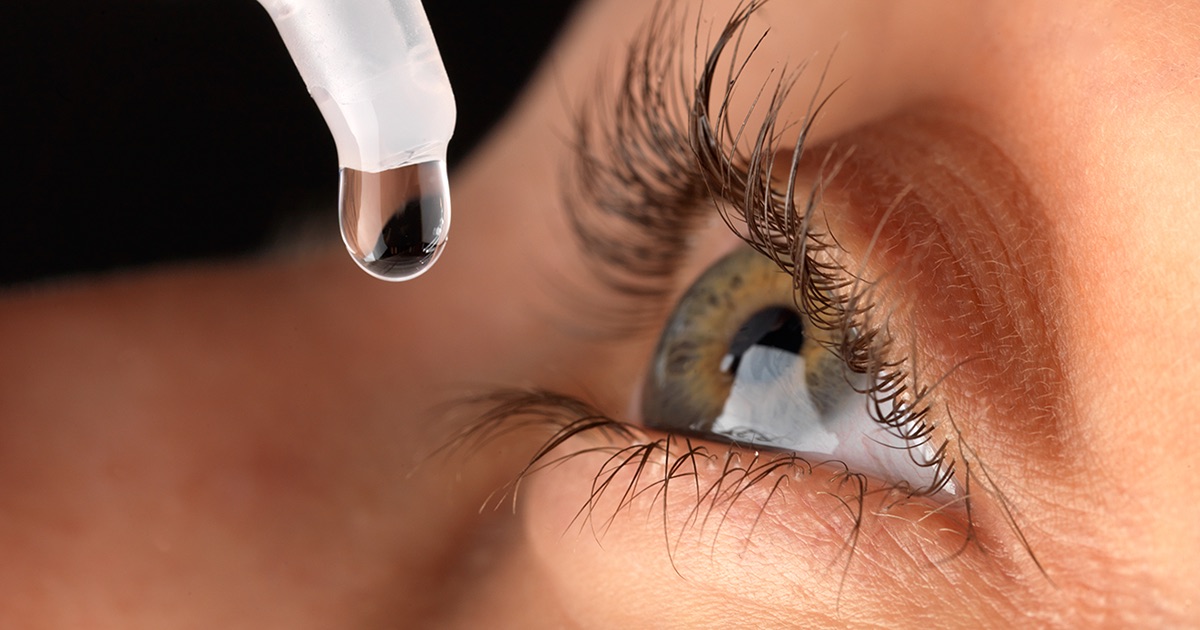How To Manage Episcleritis
Pain management is a tool many individuals utilize to help them through their everyday lives. What happens, though, when they’re not living with pain but with episcleritis? This condition is painless for many, though there are some who do suffer from some pain and discomfort. This condition is an acute inflammatory disorder that affects the eye. There’s a thin tissue called episclera in the eye found between the white sclera and the conjunctiva, and it’s home to blood vessels that can become very red. The blood vessels swell and become very noticeable in the eye. The good news for patients with episcleritis is it often appears worse than it feels, but managing the pain and symptoms become necessary. Learn about the best strategies for managing episcleritis now.
Use Artificial Tear Eye Drops

Episcleritis patients can use artificial tear eye drops when their eyes turn too red. This can reduce a bit of the redness, and it can help with the swelling. The eyes can become dry when there’s something wrong, and this only exacerbates the issue. If individuals take the time to focus on keeping their eyes moist and healthy, they might be able to keep them from becoming so red and irritated. Patients with simple episcleritis, which is the non-painful version of the condition, will likely notice their symptoms improve anywhere from seven to ten days following the first sign of redness. Using eye drops can help reduce the redness during this time, but patients should follow the instructions on the drops to ensure they’re using it correctly.
Read about more options for managing episcleritis now.
Take Nonsteroidal Anti-Inflammatory Medication

Patients with nodular episcleritis may find their doctor is going to suggest taking nonsteroidal anti-inflammatory medication to help with the pain. This is the more serious version of episcleritis, and it’s often the one that causes pain. It’s also the one most likely associated with an underlying health issue. Patients should, of course, keep in mind this will not cure their episcleritis or make it go away immediately, but this medication can help it clear up faster than if they left it on its own. Sometimes this version of episcleritis can take as many as three weeks to clear up on its own. Taking medication helps speed up the process, so patients feel some relief from the pain a lot sooner. This is helpful if they are dealing with a watery discharge that makes their condition worse. It’s uncomfortable when the eyes water frequently, and this might help minimize the watering.
Learn more about treating episcleritis now.
